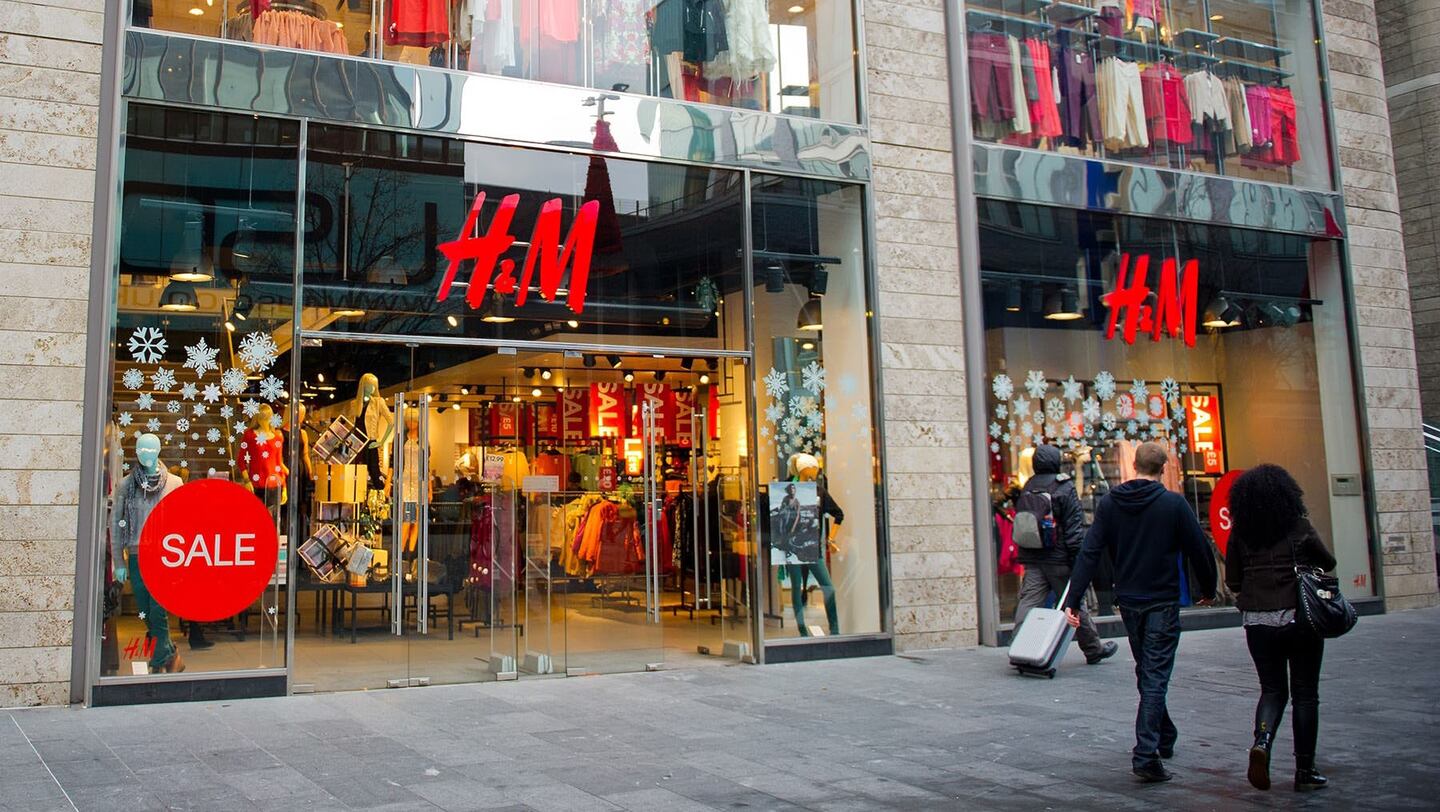
The Business of Fashion
Agenda-setting intelligence, analysis and advice for the global fashion community.

Agenda-setting intelligence, analysis and advice for the global fashion community.

STOCKHOLM, Sweden — H&M reported first-quarter profit that beat expectations as the struggling Swedish clothing retailer cut back on clearance sales.
Pretax profit fell 17 percent to 1.04 billion Swedish krona ($112 million) in the three months through February, the Stockholm-based company said Friday. While that’s the smallest quarterly profit in 18 years, it beat analysts’ estimates for 678 million krona.
H&M pulled back on discounts compared to the fire sale it held in the year-earlier period. Instead, the retailer has been introducing new products at lower prices to try to avoid massive discounts later. However, the amount of unsold products is building up up again, which is becoming a perennial problem for H&M.
Inventory as a percentage of sales rose to 18.6 percent from 17.9 percent in the fourth quarter.
ADVERTISEMENT
The company is struggling to meet increased competition from online retailers like Zalando and low-price competitors including Primark. Its efforts have been plagued by logistics and distribution mishaps, fashion misjudgments and weak sales in physical stores.
Sales growth accelerated so far in the second quarter, rising 7 percent in local currencies in March compared to 4 percent in the first quarter. The company said it expects markdowns to be even less significant in the three months through May.
H&M said it plans to shrink its store network in Europe even as it expands elsewhere. Europe will have 50 fewer H&M shops at the end of this year, while the retailer increases its store count by 175 worldwide.
The shares have climbed 12 percent this year. H&M is vulnerable to “short squeezes,” when a bit of good news spurs short-sellers to rush to reverse those positions. Investors have bet against more than a sixth of H&M’s freely traded shares, betting they will decline, according to IHS Markit data.
By Thomas Mulier and Anna Molin; editors: Katerina Petroff and Thomas Mulier.
As the German sportswear giant taps surging demand for its Samba and Gazelle sneakers, it’s also taking steps to spread its bets ahead of peak interest.
A profitable, multi-trillion dollar fashion industry populated with brands that generate minimal economic and environmental waste is within our reach, argues Lawrence Lenihan.
RFID technology has made self-checkout far more efficient than traditional scanning kiosks at retailers like Zara and Uniqlo, but the industry at large hesitates to fully embrace the innovation over concerns of theft and customer engagement.
The company has continued to struggle with growing “at scale” and issued a warning in February that revenue may not start increasing again until the fourth quarter.